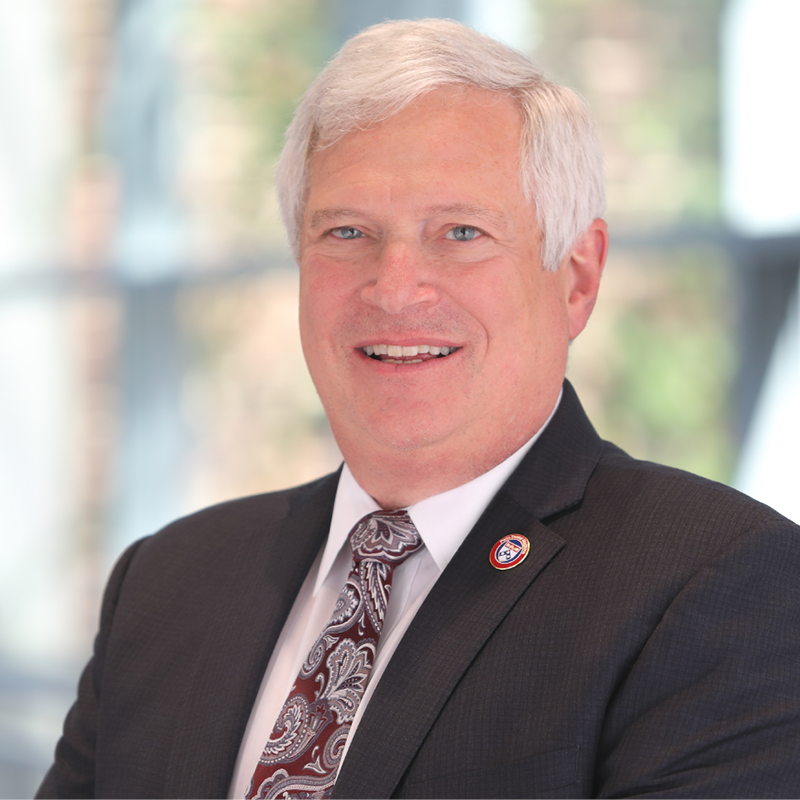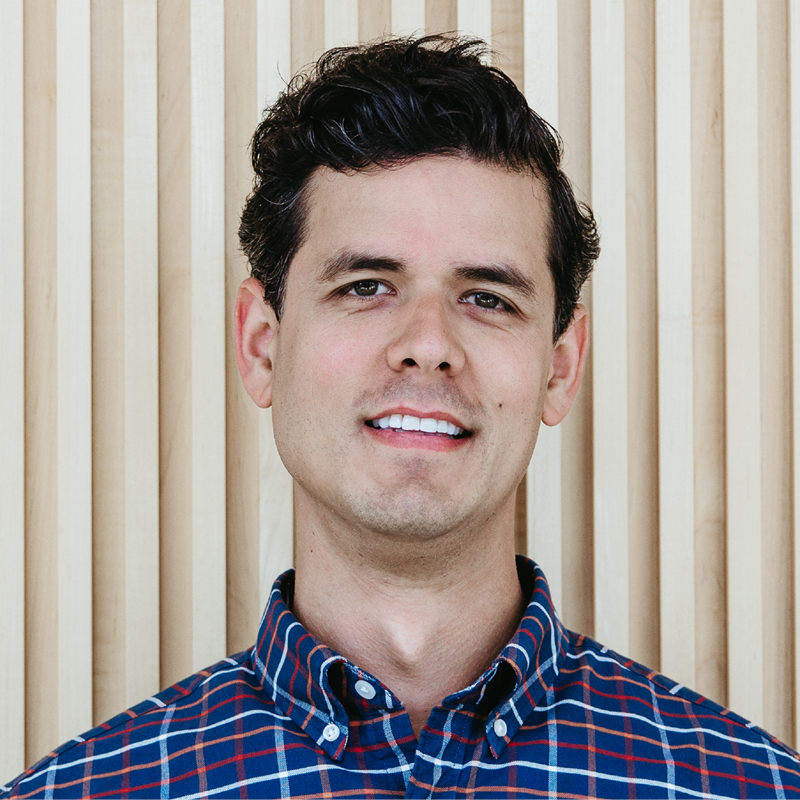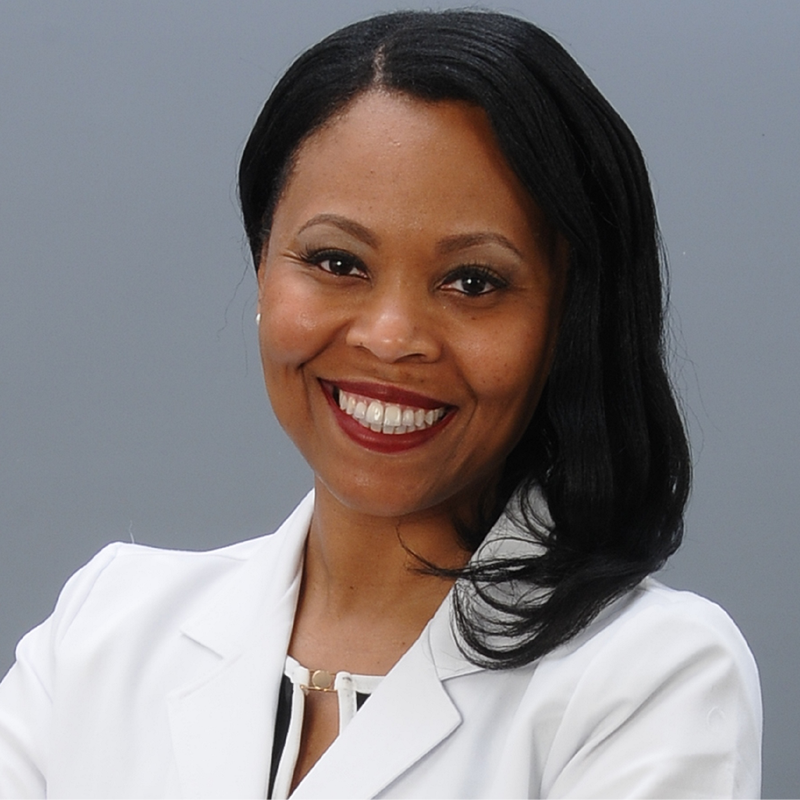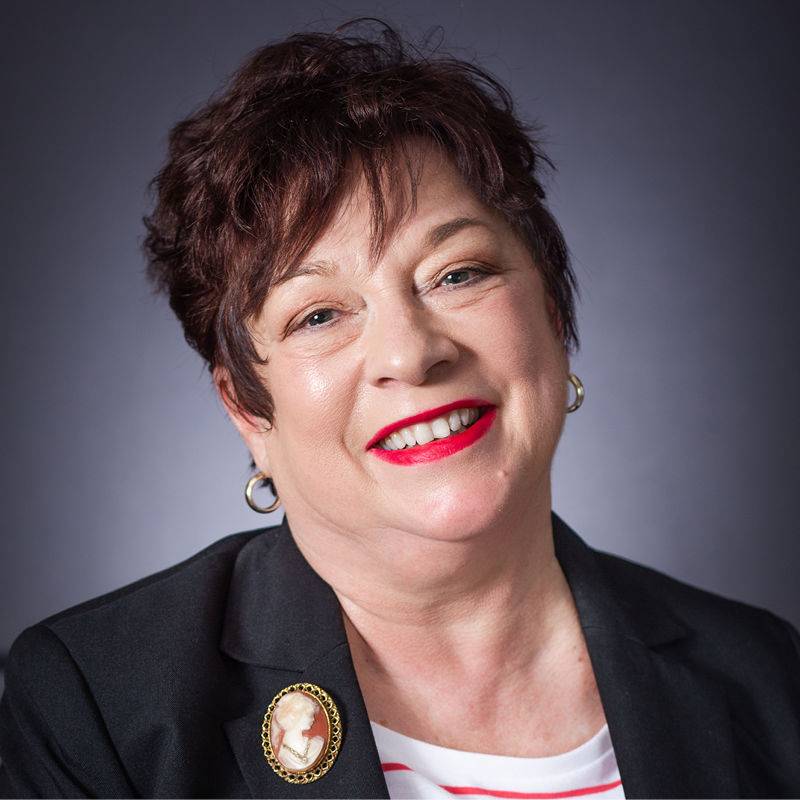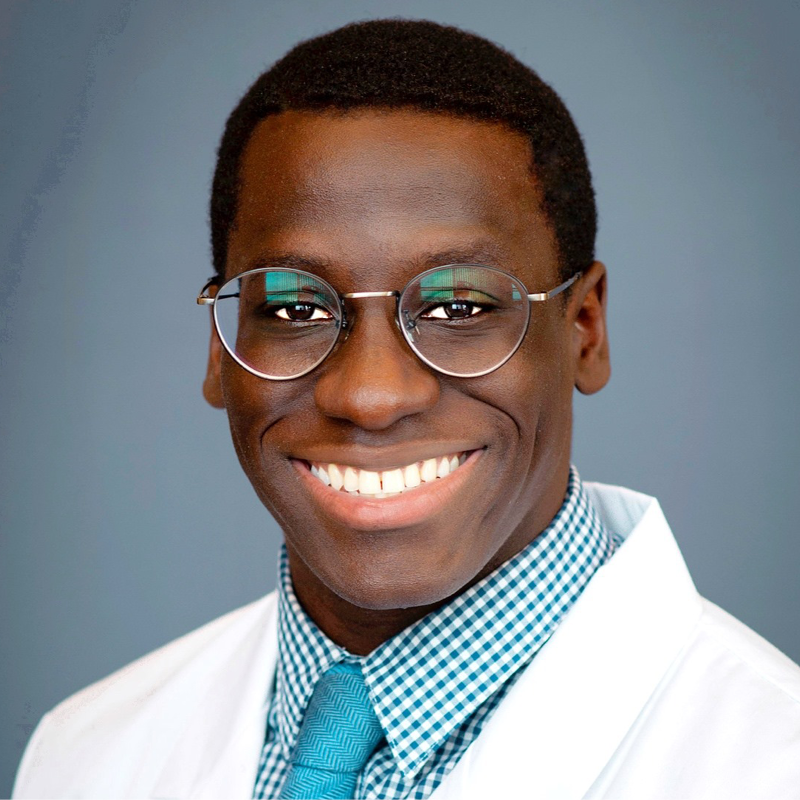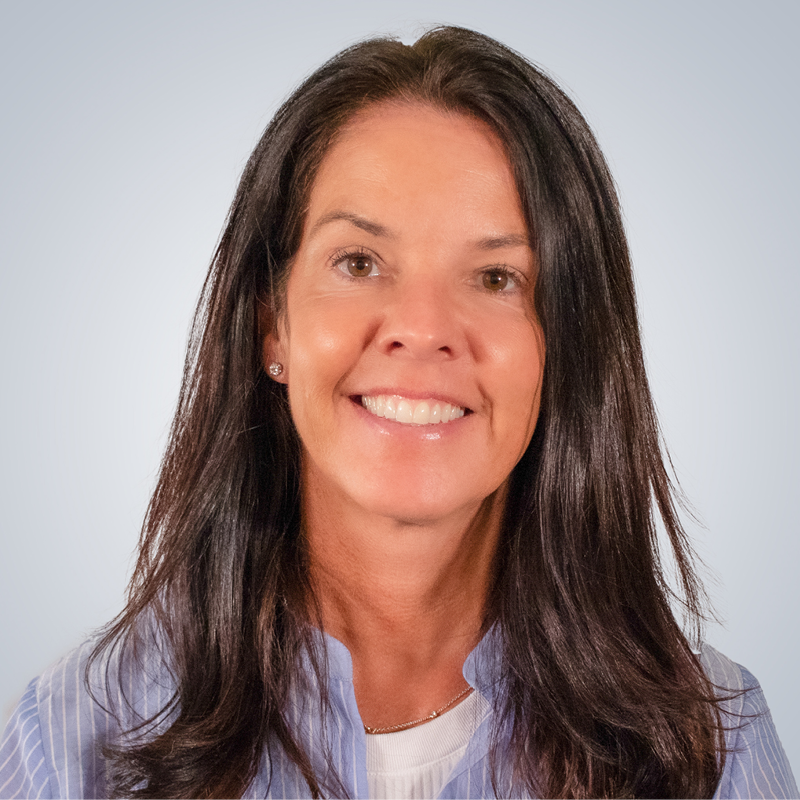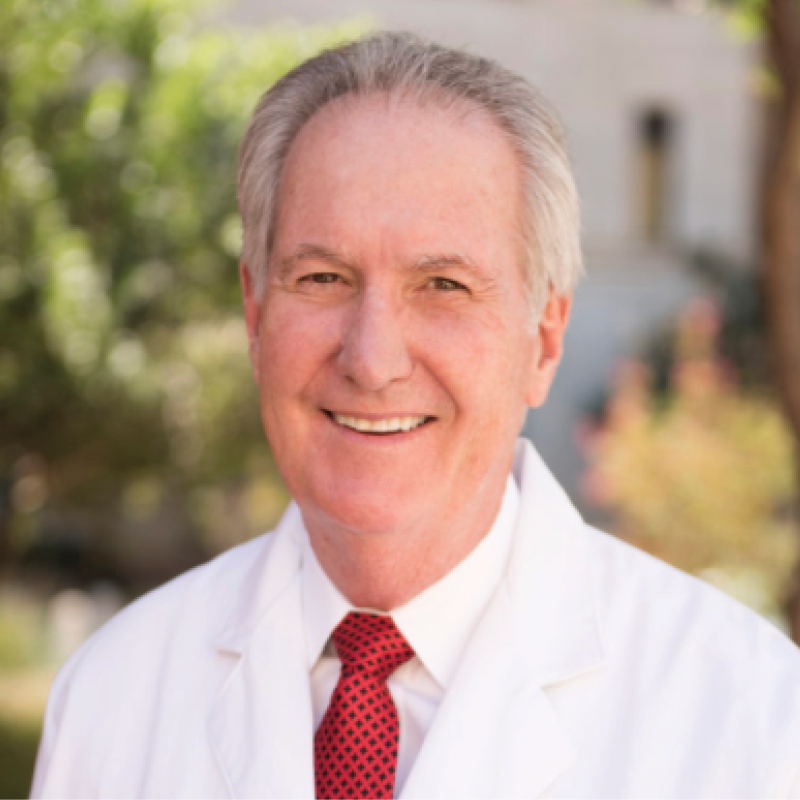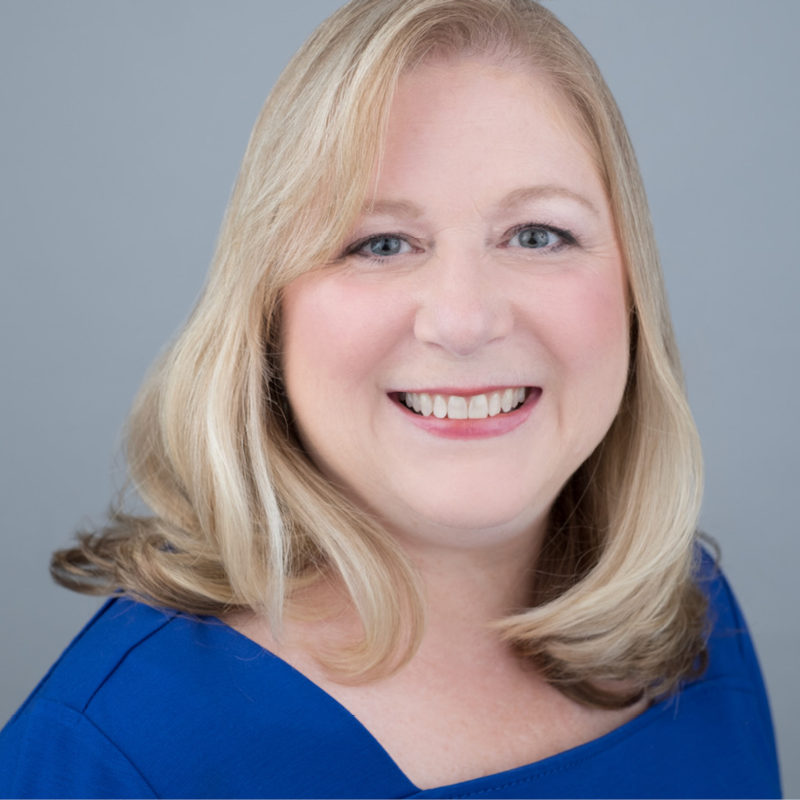Within the IDD population, there is a category of patient that is much more difficult to treat and will require general anesthesia, but that is only about 5-10%. We train our students to treat the other 90-95% because it is such an important step forward in the journey to bring equity to every individual.
Every Penn dental student (roughly 200 this academic year) spends 10% of their senior year delivering care in the Center – not just a single rotation but true immersion. Graduates build the behavioral management skills and confidence to deliver care to persons with disabilities without relying on general anesthesia (GA). This type of exposure is how Penn Dental is changing the comfort level of soon-to-be graduates.
Mark also saw a need for practicing dentists to improve their knowledge about caring for individuals with IDD and developed pioneering programs such as an online, no-cost continuing education lecture series. The series now has more than 50 programs related to delivering care without GA, viewed by more than 3,500 dental professionals across 30 countries.
But as students graduated, they found it difficult to practice what they learned when entering the workforce, with many saying they were in the challenging position to educate others. In part, this is why Mark recently initiated development of new universal curricula as part of an American Academy of Developmental Medicine and Dentistry project with engagement from two other dental schools. Today, dental schools are mandated to train students in managing care for persons with disabilities, but not to any specific extent. Penn Dental’s approach is to ensure a level of competence for all of its graduates.
From his perspective, the simple message is everyone can have an effect. Dental offices are often inaccessible, and equipment may not accommodate persons with disabilities. But poor dental health should not be a lifelong obstacle as it is for so many people. Mark encourages others to recognize the importance and impact of change, even for one person at a time. Penn Dental has hosted providers from all over for immersion experiences, to see the center in action and expand awareness of their practice model and techniques. Together with the school, corporate partners, funders and others, Mark is growing a network of other enthusiastic providers and educators focused on meeting dental needs for persons with disabilities and their families that have been overlooked far too long. Proper training and exposure with respect to the health and psychosocial needs of this population, in his book, is an excellent place to start.
Population Stats
- In 2010, the U.S. Census Bureau documented that about 56.7 million people – 19 percent of the population – had a disability with more than half of them reporting the disability was severe.
- The Bureau’s American Community Survey (2017) gets more granular and shows that of 12.5 million Pennsylvanians, 14% (1,730,190 individuals) have a disability.
- For Philadelphia County, the percentage is slightly higher, with 247,093 residents reporting a disability, or 16%.
- Fewer than a third of practicing dentists accept Medicaid and there is no oral health benefit attached to Medicare.
Center Stats
- Total number of visits to Penn’s Pcare Center from November 2021 through November 2022 was 5,044.
- Of these, 3,195 were existing patients and 1,409 were new patient visits (multiple visits, # of unique new patients this year is 611).
- The patient pool continues to be very diverse, with 39% of patients reporting their race as Black or African American.
- 58% of patients are covered by Medicaid, while 21% are self-pay.
Health Equity Heroes
Meet the 2023 Health Equity Heroes

PREVENTISTRY PULSE
The newsletter designed for anyone who wants to improve oral health for themselves, their families, customers or communities.
